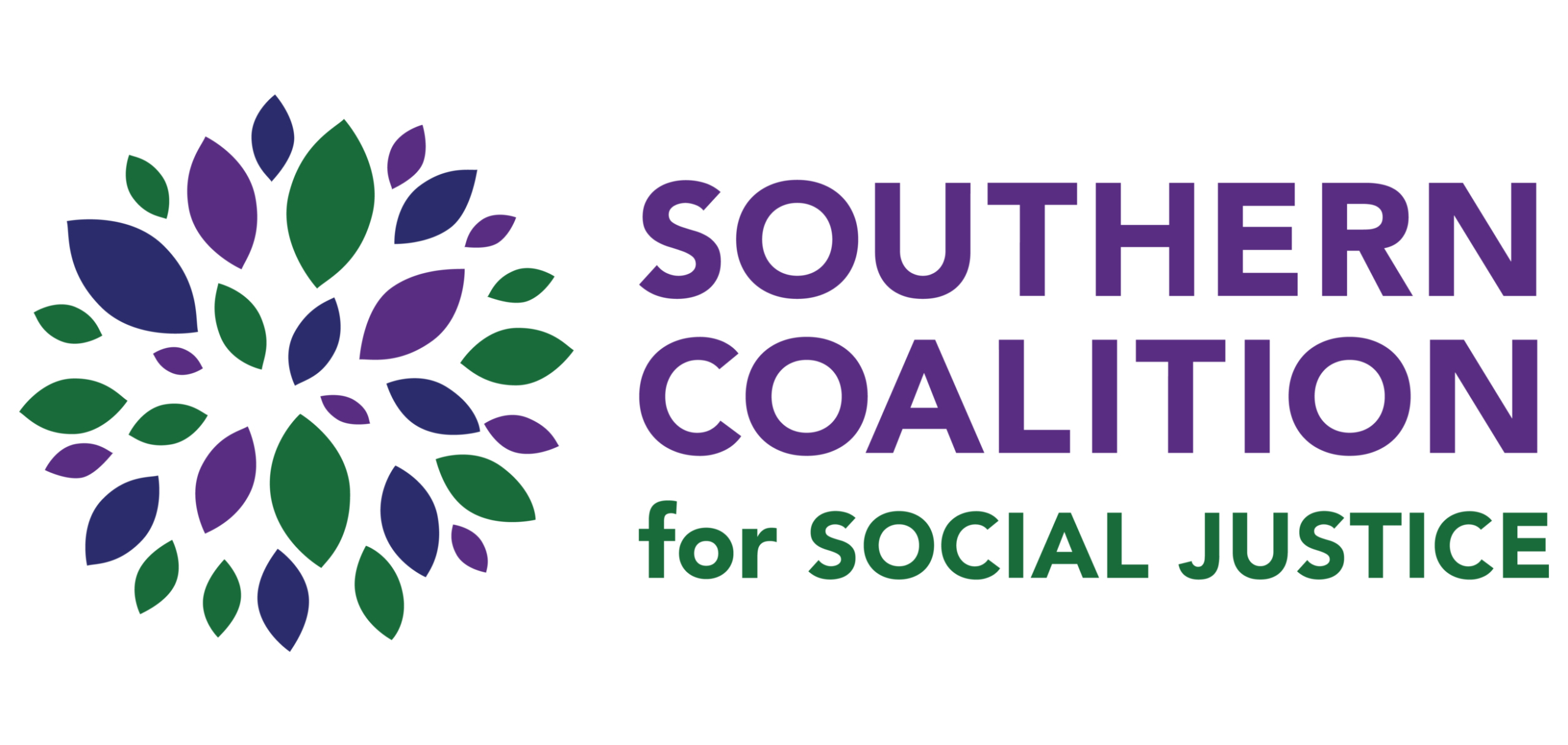
Voting Rights
Featured Entries


Media Advisory: The Alliance for Fair Redistricting and Minority Voting Rights Releases Illustrative Redistricting Maps

NC Voter ID Bill Moves Through House

Broken electoral systems damage illusion of equality

Protecting Our Vote
- Require voters to show a government-issued photo ID when they vote. This will create a new barrier to voting for 450,000 NC citizens, mostly seniors, low-income voters, women, youth and African Americans.
- End Sunday voting, even though 37,000 citizens used it in 2008. This will explicitly affect African American churches and the Souls to the Polls campaign.
- Reduce the days and hours in the Early Voting period, even though 60 percent of all NC voters used this option in 2008.
- Stop voters from registering during Early Voting by eliminating Same-Day Registration, a right used by 250,000 NC voters in 2008.
- Stop pre-registration for teenagers, even though 37,500 future voters used the program in 2010 to signal their desire to be active citizens.
- End the NC Public Campaign Fund that gives voters more diversity in their choice of top judges and provides statewide judicial candidates a way to run without accepting big donations from special interests. To take action, contact your legislators at 919.733.4111 and tell them that you oppose these changes, or visit www.democracy-nc.org for more ways to get involved. Information courtesy of Democracy North Carolina.

Redistricting and what you can do

SCSJ protects Voting Rights Act in NC case

Anita Earls works to make the voting process more open and transparent

State Supreme Court to hear Libertarian-Green ballot access case

Law Designed to Reinstate the Right to Vote is Not Being Followed, Exacerbates Racial Disparity in Voting
Written by Grover Wehman, Organizing Intern
In North Carolina, a person convicted of a felony loses her right to vote until she completes all terms of her sentence, including probation or parole. The person regains the right to vote the day she completes her term. This reinstatement of voting rights, however, is not being executed in compliance with North Carolina state law.
A recent survey, conducted by Democracy North Carolina and tabulated by the Southern Coalition for Social Justice, indicates that the majority of Parole Officers are not properly informed of, nor executing NC 163-82.20A: “Voter Registration Upon Restoration of Citizenship.”
This law charges the Department of Corrections, Administrative Office of the Courts, and the Board of Elections to inform persons completing sentences for felony convictions that her or his right to vote has been restored, and to provide the person with an opportunity to register to vote.
In January 2010 Democracy North Carolina conducted phone interviews with 84 probation and parole officers in North Carolina. The law states “(a)t a minimum, the program shall include a written notice to the person whose citizenship has been restored, informing that person that the person may now register to vote, with a voter registration form enclosed with the notice.”
However, when asked, only 6 out of 84 Parole Officers report that he or she provides persons leaving the system with a voter registration form.

Non-compliance with this law has racially disparate impacts on voting rights. Currently in North Carolina 73,113 people have been stripped of their right to vote. Despite comprising only 21% of North Carolina’s population, 57% of disenfranchised voters are African American.
If current practices continue, the number of legally or practically disenfranchised African American voters will expand exponentially. As each person completes their sentence, but is not adequately informed of the right to vote, disenfranchised voters remain disenfranchised even after their right to vote has legally been restored. As felony convictions continue, over time the current 42,000 disenfranchised African American North Carolinians could become 84,000 disenfranchised African American North Carolinians. In a state already struggling for racial equity in voting, the impact of noncompliance with the Voter Registration Upon Restoration of Citizenship law is great.
The Southern Coalition for Social Justice along with Democracy North Carolina and other Coalition partners are pressuring state lawmakers to expand probation and parole officer compliance with this law and other practices within the criminal justice system that discourages voter participation.
Stay tuned for more information on racial justice and voting rights as we prepare for an upcoming Community Census and Redistricting Institute in late July.

Moore County Conference on Municipal Underbounding

